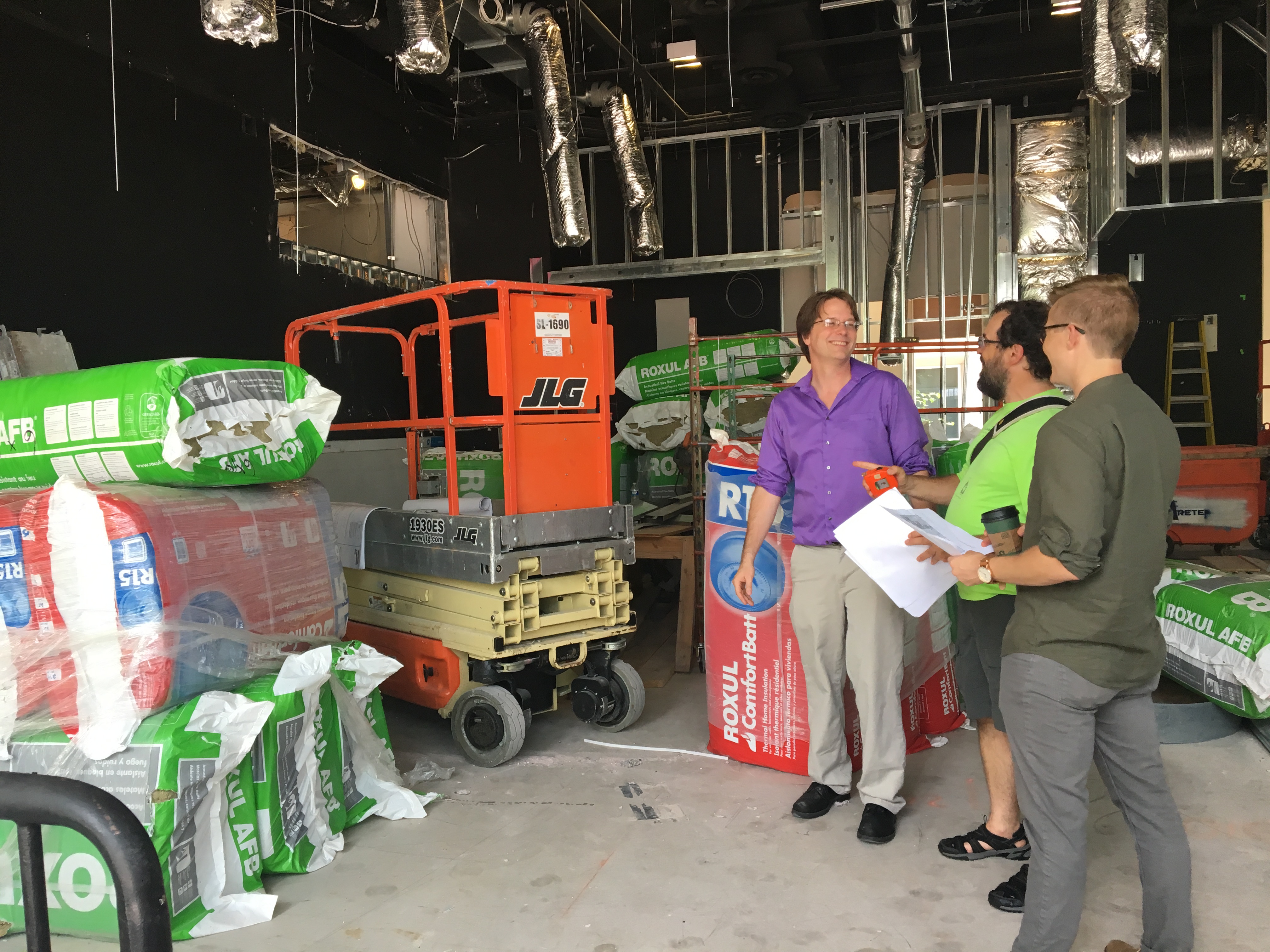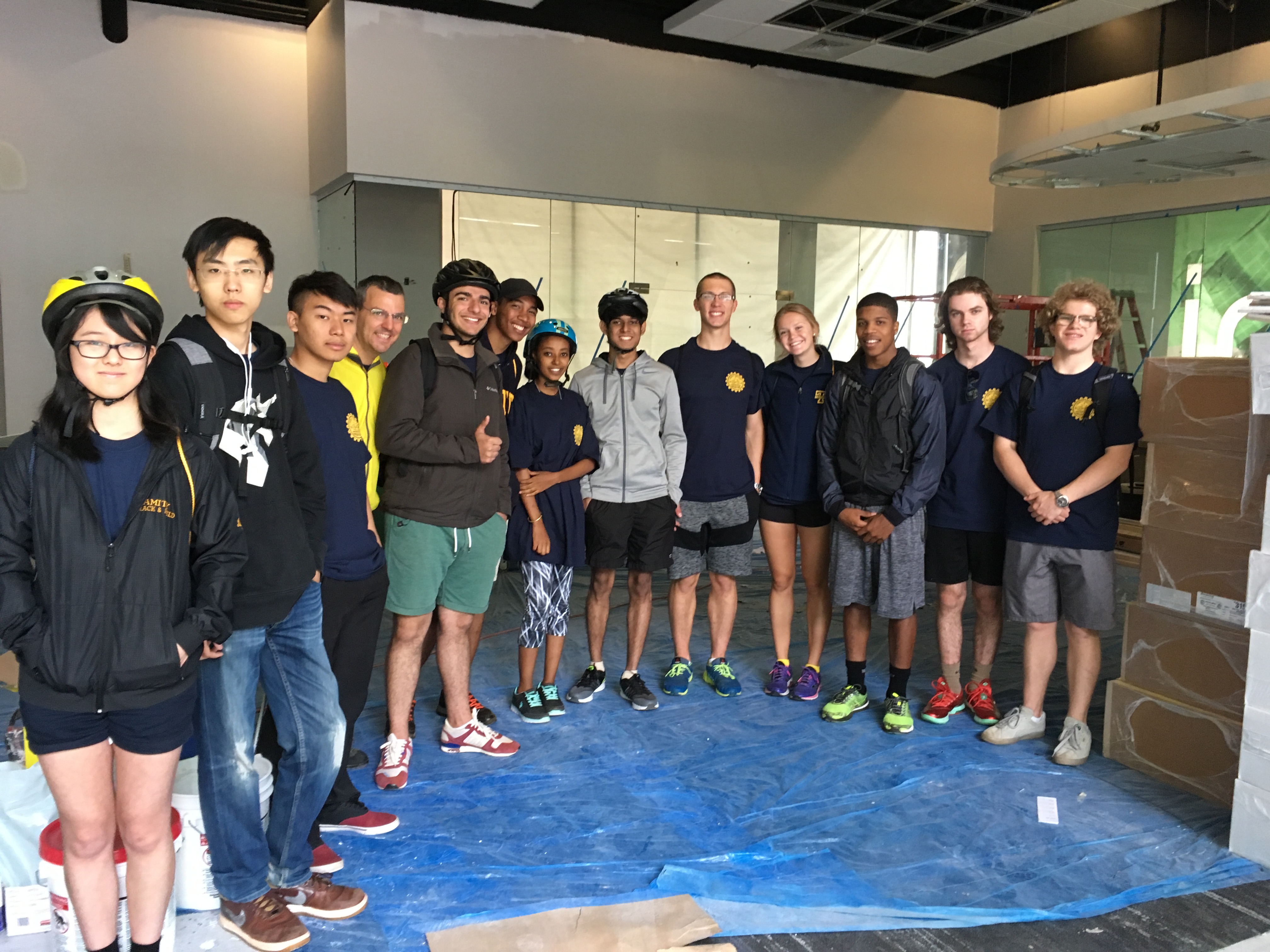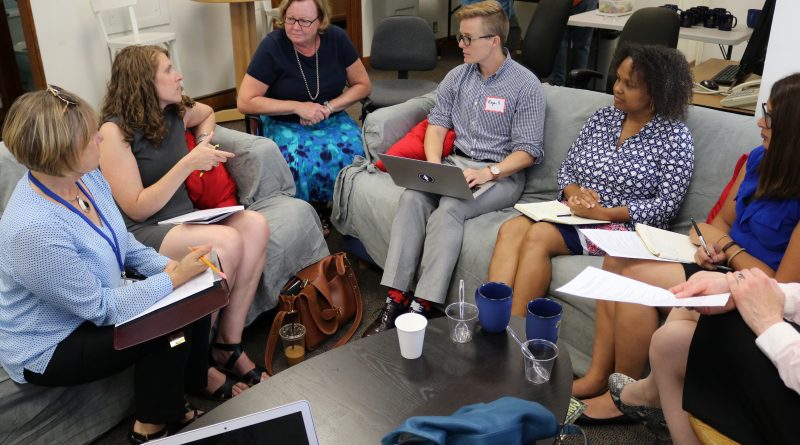Garret Forst, a Trinity College rising senior, reflects on his collaboration between the Liberal Arts Action Lab and the Connecticut Data Collaborative for his Summer 2018 internship. Garret worked with Action Lab Director Megan Brown on the 500 Cities grant, which links neighborhood-level housing and health data.
Since I have been at Trinity, I have always had a passion for studying cities, city planning, and, most importantly, the people who define them. I had some experience investigating housing-related issues when I worked for the city council in my hometown of Cleveland, Ohio, so I was thrilled when I was offered the opportunity to work on this comprehensive project studying housing and health in Hartford. This was the type of project that would give me the chance to both analyze a topic I was passionate about and also, under Professor Brown’s guidance, learn the tools needed to analyze it effectively.
The knowledge I have gained from this project will assist me in pursuing a career in the community development field and help me to think critically about urban issues in general. This summer, for example, I really had the opportunity to dig deep and analyze what defines our quality of housing: Is housing affordable? How might homeownership affect the quality of housing? What do housing code violations say about housing? What about vacancy? Then, I was able to go one step further: How does housing quality relate to health inequity in the city? Housing is important in and of itself, but the impact it has on people’s lives is equally important.
To answer the questions that arose from this project, I was exposed to a great range of research methods and tools that are used in the field. Prior to the Spring 2018 semester, for example, I had no experience with Geographic Information Systems (GIS) mapping and very little exposure to using data. Professor Brown taught me how to use GIS as a powerful analysis and storytelling tool. When it came to learning how to use data, I not only discovered the wide range of public data sources available to research, I also was encouraged to think creatively about how to construct certain useful points of data. For example, there is no published foreclosure rate for Hartford, but we were able to create one from existing housing data. Learning how to utilize these tools and present them to other community leaders improved both my technical research skills and overall leadership abilities.
With all of this in mind, I am grateful for the time I’ve spent at the Liberal Arts Action Lab. For one, I have gained valuable insight on the city of Hartford and its housing stock. It is a very complex topic, and each part of the city is affected by housing differently. There are neighborhoods in Hartford that appear equal in terms of socioeconomic landscape, for example, yet affordability might be the issue for one neighborhood while vacancy is the primary issue for another. This type of nuance is incredibly important for researchers and policymakers to understand, and I do not think I would have understood it myself had I not worked on this project. I got to know Hartford on a more personal level and interact with it from the perspective of a person living and working in it as opposed to a student just temporarily staying in it. I discovered new neighborhoods met great people every day. This summer was an awesome experience and one that I will truly cherish.
You can access the preliminary findings and the work that the team and Garret have worked on this summer here.


